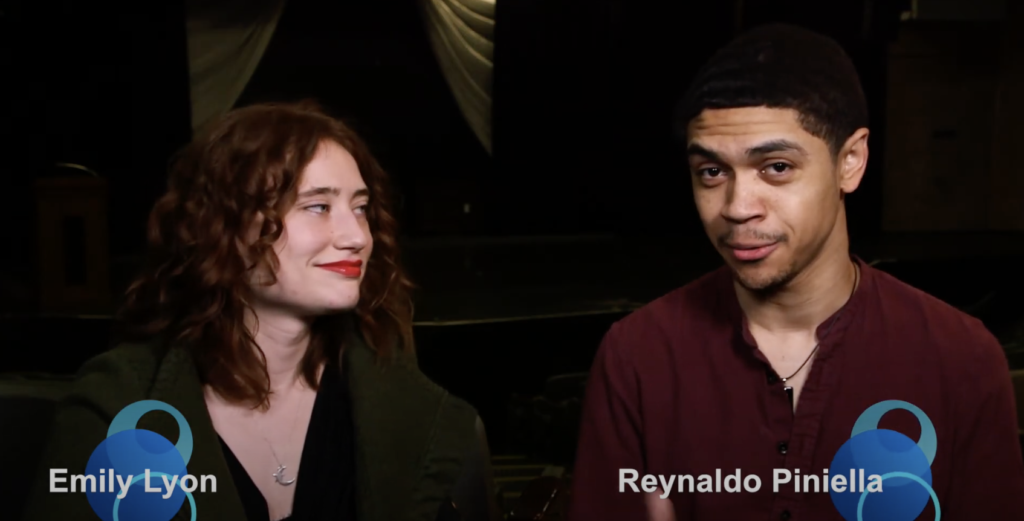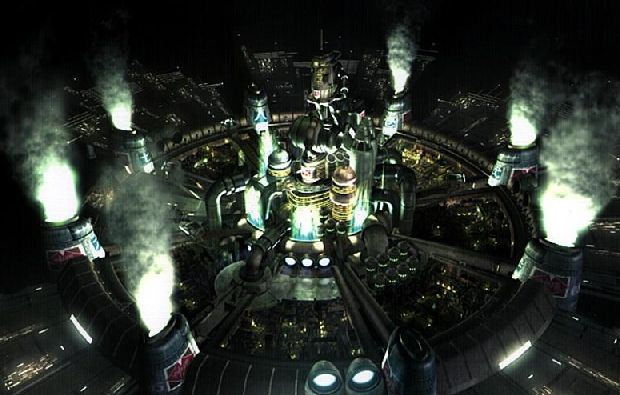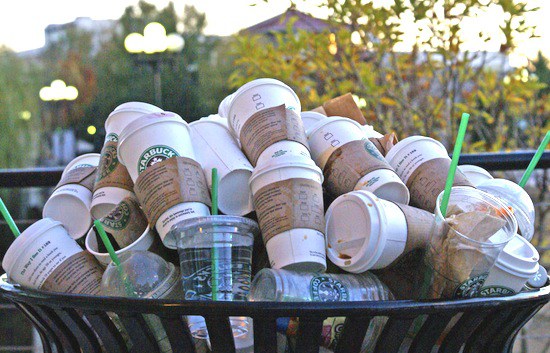Civilians’ R&D In Process: Chance/Chaos Encounters That Led To The Creation of “INSHALLAH”
R&D Group member Divya Mangwani invites you into the creative process behind her project through a game of Pachisi.
Sign up to get spam-free email updates to ensure you never miss an article and to receive exclusive details about performances and events from The Civilians.

Emily Lyon: So Reynaldo – I know when we were thinking about writing this extended play blog, you were thinking a lot about how video games have inspired you. I would love to hear a little bit about that.
Reynaldo Piniella: So growing up, I played a lot of RPGs – role playing games – specifically Japanese role playing games. I’m a huge fan of the Final Fantasy series, particularly for their use of scale, how they have these huge worlds that are populated with different people, who are living with these generational conflicts based around a limited natural resource. So when I’m thinking about our project and community empowerment, a game that came to mind was Final Fantasy 7 for Playstation 1. And the reason for that is not only is it my favorite game of all time, but the central conflict is around this city called Midgar. And it’s a classic trope of the Haves live up top in skyscrapers, the shiny buildings and the Have Nots live down in the slums, right. But down in the slums all that pollution from up top comes down and the people down below get sick. They don’t have access to clean water, they don’t have the same access to healthy food options, so what happens is that the community realizes that the people up top are never going to help them, they have to demand the change they want, so they band together in order to fight these big corporations to shut down the massive power plants that are killing them each day, and it was the first time, for me, playing that game, when I was seven years old, that I learned about any kind of climate crisis, when I first found out about what a community can accomplish together. And it’s something I returned to time and time again, while we’re working on this game.
Emily Lyon: Well, I have two questions. One is: When did the reality of the climate crisis click for you? Was the game the first time?
Reynaldo Piniella: Yeah… I never thought about the climate as an issue until Al Gore became a figure in national politics and his documentary film “An Inconvenient Truth.” The first time I ever saw my mom cry was when I was watching the footage of Hurricane Katrina’s devastation on New Orleans. Particularly those black communities in New Orleans and I realized events like that would happen over and over again unless we did something to prevent it. Whether that was safeguarding against coastal flooding, or moving people to higher land. But the idea of empowering those communities to protect themselves? That didn’t happen until I was well into high school.
Emily Lyon: I remember some kids from New Orleans moving to my high school after the Hurricane. That devastation was one of those times it really hit me, seeing people relocated. I hear you on that. However, my second question is: if Final Fantasy 7 is the game that got you to connect to the climate, why did you propose part of this idea to me with Oregon Trail??

Reynaldo Piniella: Very funny question – wow. What brought me back to the Oregon Trail… I think honestly, I read an article, I believe, in the Atlantic, where they were talking about the new Oregon trail, and what that looks like. You know, in terms of how Americans are moving, like, what are the new frontiers now. And I think it brings me back to the question of, what does a victory actually look like.
Emily Lyon: Yeah. Is having a plot of land to your name, victory? And we know from our Extractive Community research, and also the way to capitalism works, that – yeah, a lot of times, it can be a long-term victory… but is that the kind of victory that we want to uphold? Is that the kind of society that we want to be continuing to promote? And I will assert that our answer is no.
Reynaldo Piniella: I agree. With the Oregon Trail, at least the version I played, it never set up those stakes. They never quite said the place where you’re at isn’t farmable land, it has massive drought, it was just, “go to this place.”
Emily Lyon: I’ll be honest – I don’t remember that much about Oregon Trail. Or at least the computer game from the 90s. But you’re right; it didn’t set up the stakes, and it didn’t set up the characters. The character I remember most is the oxen. Which like. We’re not anti-oxen, but… I want to make a really bad antioxidant joke. Okay, I won’t. Anyway.
We’re ultimately not basing our game that much off of Oregon Trail. We’re really creating something completely different. We’re following what curiosities we have as community-oriented, activist-minded creators, rather than capitalist people that just want to survive.
Reynaldo Piniella: Right, because Oregon Trail is very much, “go from point A to Point B.” This game is very much about how you live. In point A, where your family has lived in point A for generations, how can you actually build those resources here? As opposed to leaving and going someplace else, which was the narrative I heard growing up in East New York, Brooklyn. So, turning it around on you now. What about the game format for you was enticing, in terms of empowering communities and people to be more politically engaged, and particularly in the climate fight.
Emily Lyon: What excites me about it being a game is a few things. One: it makes the strategy really active, so when you’re playing the game you’re thinking about your moves with both long term and short term goals in mind. What am I going to do in this round, and how does that support how we win overall. Often our perception of the climate issue is that it’s overwhelming and it’s impossible to win. You know it’s a fight that will go well beyond our lifetimes and even I, as a person that cares deeply about this issue, can feel overwhelmed. I can feel like it’s impossible to make a difference. And it’s not necessarily true – so gamification can remind us that wins are possible, especially with a strategy.
Two: The game is one way for us to clearly, organically, and in a fun way, suggest to people what there might be to do in their community. To help people discover and create avenues to change things and get things done. There are definitely a ton of fantastic activists, community organizers, and NGOs out there, doing great work already. So if people got really clear on what the community needs, and what there is to do that will fulfill that need, and the community really got, “Oh, we can demand this,” AND that there are already people to connect with… we could make a profound difference.
Three: People respond to stories and not necessarily numbers. And it’s important, as we have more and more intimidating numbers, as we have study after study saying that we have only so much time to reverse climate change, that the environment has become two degrees hotter since we were born… it can be so abstract. But we can humanize it. What’s the next card you’re going to play? How are you going to save your Community? An open conversation can start that way, and you become invested differently than you would just reading an article, and have fun doing it. And maybe that makes you a little less depressed about the issue… she said, speaking from experience.
Reynaldo Piniella: Now you brought up the word fun, which for me is so important, which is why a kid like me would play a game like Final Fantasy that is so rooted in these big issues, because it was fun. So when I think about this game, I do wonder how we can make it fun to learn, who is your local assembly person and what their job actually is. And I think I’m really intrigued by that existing and a card game format, in particular. What is ultimately the impact you want people to have after they play this game with friends in classrooms like what do you want them to walk away with?
Emily Lyon: Well, my goal has always been that they walk away empowered, with a new sense of tools and steps and actions they could take. We don’t expect everyone to walk away and then all of a sudden, like, file a lawsuit to sue the local sewage plant that has been creating a lot of water pollution. There are big big steps that are required, but there are a lot of small steps that I think people underestimate. So, for me, I hope that the game empowers people, and that they get the value of their actions.
Reynaldo Piniella: And I think a fun byproduct of creating this game is that we’ve been empowered as community organizers because I think what will be necessary after we create this game is actually getting it in the hands of the people who are living on the front lines of these fights. And that’s something that really excites me is actually inviting them into our process and figuring out how we can best serve them. Because I think I’m realizing I also don’t have all of the answers. I’m creating this game and I wonder what goes into stopping a new truck depot from opening up in your neighborhood. I actually did not know that answer.
Emily Lyon: Me either. I think that’s part of the reason we did it is to learn.
Reynaldo Piniella: For sure. So for you, has there been anything that sticks out in terms of an empowering fact or tip that you’ve learned from the interviews we’ve conducted?
Emily Lyon: I called a lawyer – who I actually met through somebody in the R&D Group (shout out to The Civilians!) – and he was saying to get clear on who is already who’s supposed to be in your corner. And that question, who is supposed to be in your corner, was really impactful for me. It made me just present to how many people are already working on this issue, and how many people can be resources for you, even if you have never signed a petition before or you’ve never thought about your climate impact. As soon as you’re interested in making any kind of difference in this issue, that question, “who is supposed to be in your corner,” is incredibly supportive. Because just by living here, you’ve got local representatives, state representatives, federal representatives… We in NYC literally have a community advocate. (How cool is that?) It’s really empowering to remember that you’re not alone in this issue. That’s why we’re passionate about making this a cooperative, community game – because something as big as climate change truly takes community effort. It works to play with other people!
Reynaldo Piniella: You asked me about when I became aware of the climate issue. How about when you became aware of it?
Emily Lyon: There have been various degrees of awareness. My dad has been working on the environment since before I was born. He is an environmentalist but also an economist… And I remember learning about recycling in school. We had moved into a new house with a can crusher in the garage. I got really into crushing all cans. But my dad wasn’t always great about recycling things, and it confused me. He’d say, there’s a balance of how much time will it take for me to go find the right recycling bin; that you have to weigh time and effort. He’s an economist, and your time is a resource. And it always stuck with me that, you know… you can be doing a lot of research, but that doesn’t mean that you’re doing all the everyday things. And that a lot of the everyday things that can benefit aren’t necessarily the highest return on your investment. And I will say, my dad has gotten better about recycling and composting and all that, so. Not to throw him totally under the bus. But I think it was that surprise – that disjunction – that made me wonder ever since, what would it take for all the people studying the environment to do all the small actions and all the people doing some of the small actions to like get in the bigger conversations?
Reynaldo Piniella: Yeah. What you’re saying resonates with me because I have been disillusioned myself with taking individual climate action. Because I see the statistics that say the overwhelming majority of pollution is coming from these power plants, these big corporations that work in gas and oil. So for me i’m like, well i’m recycling and composting but it’s having such a marginal difference, why should I keep doing that? And I think with our game we’re showing how those actions compound. And how from you doing it to your friends to your apartment building to your block to your community to your city like that’s the ripple effect, we want to have and that’s when you make a difference.
Emily Lyon: I remember going to throw away a Starbucks cup, and seeing how many Starbucks cups were in this trash can… just at this one Starbucks. And then thinking, they must have taken out the trash at least once already today, and they’ll probably take it out a couple different times today. And this was only one Starbucks out of the millions of Starbucks across the world, and this was only one day of all of the days of the year… and just thinking about how many Starbucks cups we throw away every day. And, yes, I’m only throwing away one. But the massive pile of trash that we generate daily with simple simple things that we’re often just not thinking about… once I had seen that, I couldn’t un-see it. It got in my bones, a sense of the impact that we have, which then we often choose to ignore. I really couldn’t go back. Although… of course, I have gone back to Starbucks. Often with reusable cups.

Reynaldo Piniella: I mean I’ll be honest: I would love to be able to just go to a Starbucks and have a meeting and use a public restroom. That just feels so distant from our life for the past year. But in thinking about our game in relation to the pandemic, I think we saw, particularly in March, that when things shut down how quickly the environment started to recover. Pollution levels decreased rapidly, wildlife returned to cities, and I think it showed governments that this can be reversed if you actually take action, and that was a huge sign that we needed to take action, because as President Biden has been saying it’s now or never really like we are that crossroads.
Emily Lyon: Luckily, we just rejoined the Paris climate agreement. But yeah, it’s a big crossroads. We need to do something for the earth to be palatable to humankind, and a lot of different animals, and we’ve got probably… I don’t know. There’s no exact number of years by which we can never recover. But also, maybe we’ve already gone past that point. But we need to choose to take it on. It’s easy to get burnt out if we do it out of guilt, if we do it out of significance, if we do it out of fear. I mean it’s still good to do, but doing it alone can feel arduous. But there’s something incredible about, as we’re remembering and longing for in this pandemic, there’s something incredible about doing something with a group of people. With a big group of people going to a protest, having a community present, being a demand, being a celebration. And, we know there are a lot of people that care about this issue so that is possible, it was definitely within our reach to make change. It’s just giving people the tools, the support, and the reminders that they are not alone in this fight, and that they can make a difference.
Reynaldo Piniella: And it’s important for me, for us, to honor the people who are already doing this work, whose work we’re planning to amplify. Because many of the leaders of the climate justice movement are women, particularly women of color, and they are the people on the front lines in Irondale, New Jersey, in New Orleans, in Flint, Michigan, AOC being the person to introduce the Green New Deal… So it’s important for us to make sure that we’re uplifting and honoring their legacies as we continue the work they’re already putting out into the world.